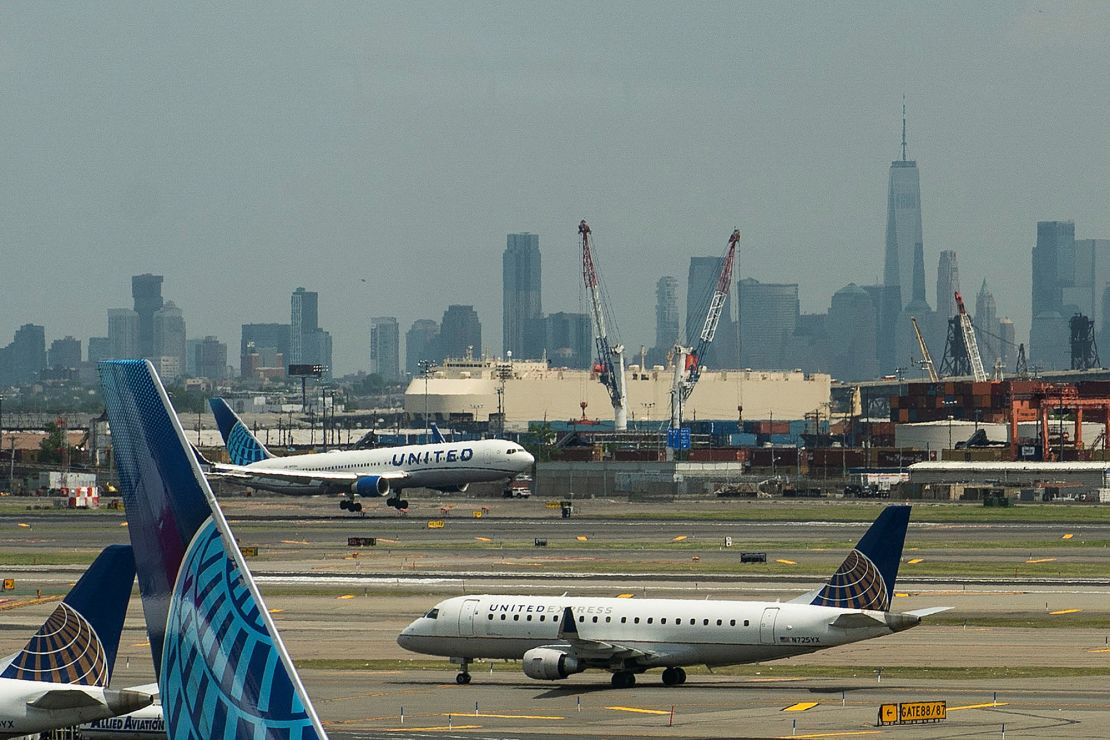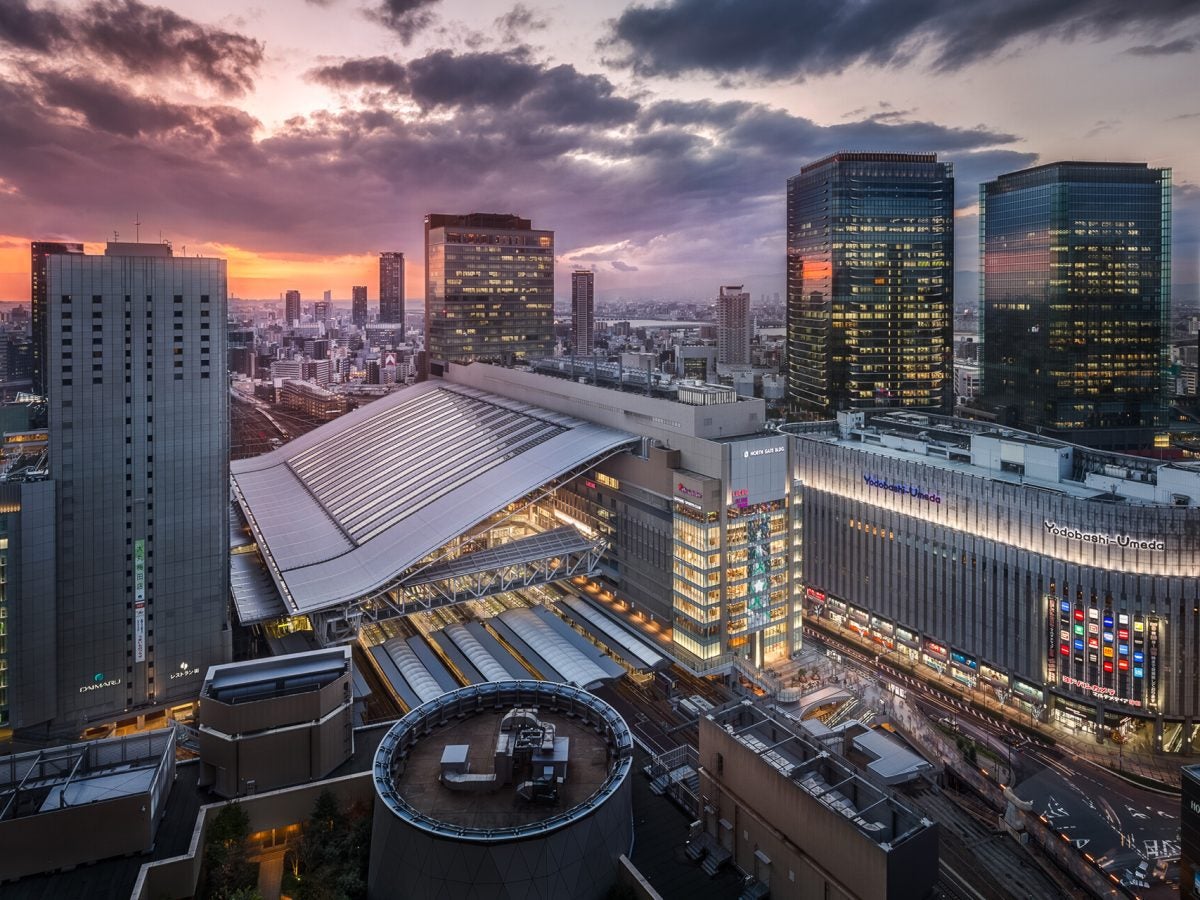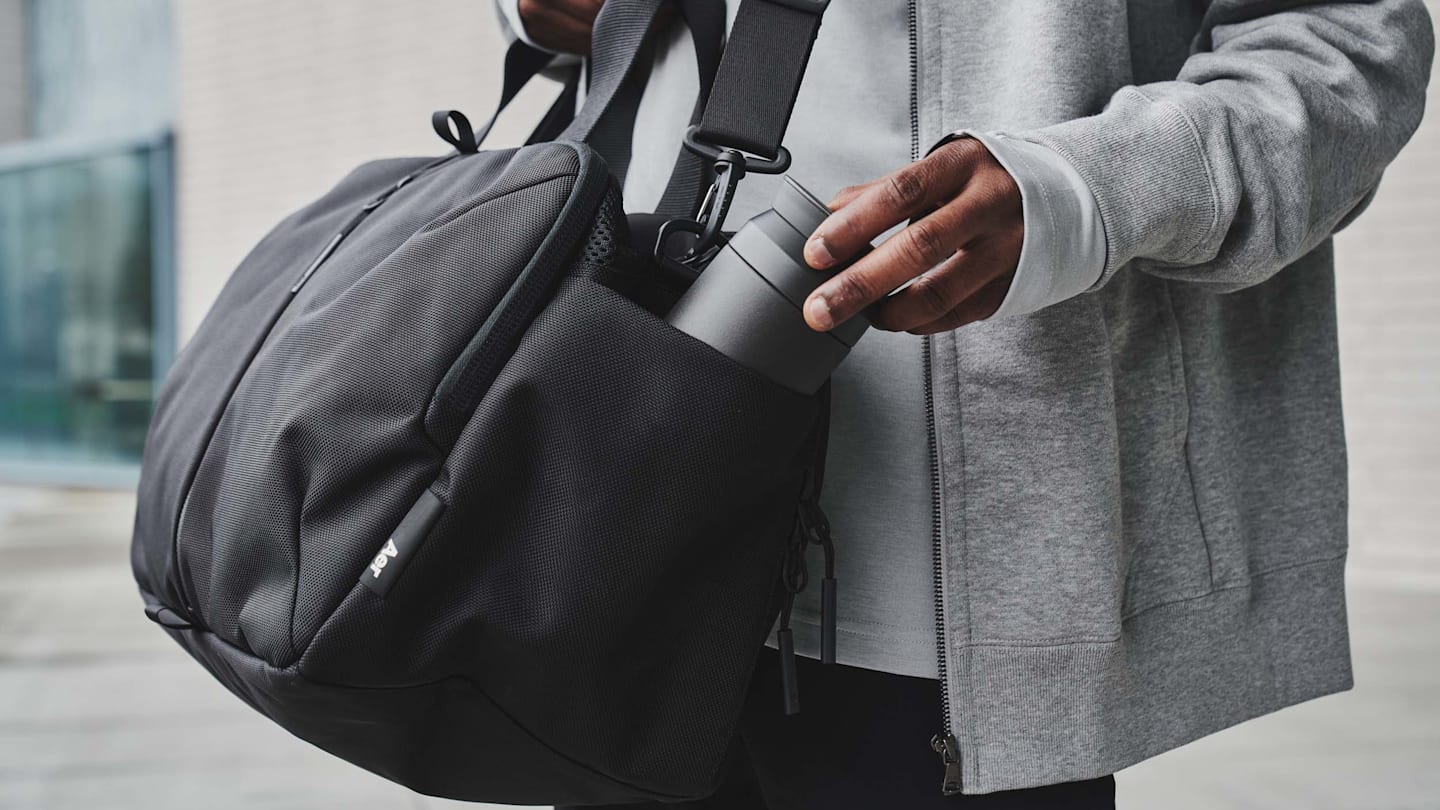CNN
—
Huge crowds and high prices haven’t kept travelers at home. And many North American air travelers are still enjoying their time at airports, according to the overall satisfaction scores in the 2024 North America Airport Satisfaction Study from J.D. Power.
Minneapolis-Saint Paul International Airport is the most satisfying airport in the study’s “mega-airport” category, which looks at facilities serving 33 million or more passengers per year. It’s followed by Detroit Metropolitan Wayne County Airport and Phoenix Sky Harbor International Airport.
MSP has consistently been a top performer in the category, Michael Taylor, managing director of travel, hospitality and retail at J.D. Power, told CNN Travel. “Lately, the completion of internal and external projects has helped MSP dramatically,” Taylor said, adding that the Minnesota airport scores at the top of every dimension in the study in the mega-airport category.
Minneapolis-Saint Paul is currently working on a $242 million Airport Modernization Program making over its Terminal 1 concourses.
The study evaluates three airport categories — mega-airports, large airports and medium-sized airports — based on 26,290 traveler surveys collected from August 2023 through July 2024. It looks at seven core dimensions (listed in order of importance): ease of travel through the airport; level of trust with the airport; terminal facilities; airport staff; departure experience (trip to airport, grounds, parking, signage, baggage dropoff, etc.); food, beverage and retail; and arrival experience (exiting the airport, baggage claim, transportation location, signage, etc.).
In the large airport category, with 10 to 32.9 million passengers per year, John Wayne Airport in Orange County, California, is this year’s top scorer, followed by Tampa International Airport and Kansas City International Airport. Indianapolis International Airport ranks highest among medium airports with 4.5 to 9.9 million passengers per year, followed by Jacksonville International Airport and Southwest Florida International Airport.
Of course, there are some airports that earn poor marks for customer satisfaction. Newark Liberty International Airport ranks at the bottom of the study’s mega-airport category.
Traffic getting into the airport has put a damper on Newark’s newest terminal, which Taylor said has “outstanding design” and “impressive” food and beverage offerings.
“But if New Jersey traffic makes you late for your flight, you’re not likely to have time to enjoy what EWR offers,” Taylor said. “The Airtrain isn’t complete and that makes accessing the terminals difficult.”
In the large airport category, Philadelphia International Airport ranks lowest.
“PHL’s design simply can’t handle the demand and crowding it experiences today,” Taylor said. “Departure gates in the older terminal are too small, ticketing lobbies can be overwhelmed at peak times and TSA needs more room to do the job they need to do. More investment in terminal re-design is needed.” A bright spot? Food, beverage and retail, he said.
In the medium-size category, Cleveland Hopkins International Airport ranks lowest.
The study comes on the heels of a record-setting summer for air travel. On July 7, the Transportation Security Administration reached a single-day record, screening more than 3 million people.
“Huge air travel demand has not slowed down in North America, despite the steadily rising costs of flights, ground travel, hotel rooms and pretty much anything you can buy in an airport,” Taylor said in a news release announcing the study results.
“Most travelers are still enjoying the experience,” Taylor said, although he noted that rising costs may finally be bringing travelers to a breaking point in terms of their spending in airports. While food and beverage prices in airports have long been the lowest-scoring attribute in the study, that factor had not really impacted overall satisfaction. But that trend may be ending.
Passengers this year, on average, spent $3.53 less per person that they did in 2023 on food, beverages and other in-terminal purchases. In large airports, passenger spending is down by an average of $6.31 — from $33.17 in 2023 to $26.86 now.
“Per person spending on food, beverage, and other airport activities is declining but is disguised by the still-high overall traffic on the airports,” Taylor said. “We might be at an inflection point on continued demand for food, beverage and retail in the airport industry.”
Yet overall, despite high passenger volume and increased costs, 60% of North American airport passengers said they “somewhat agree” or “strongly agree” that they enjoyed spending time in their airport.
One of the things that helps set many of the top-performing airports apart is a unique, local identity. That is established through restaurants, stores, retail, décor and signage. Views from the airport can also bolster facilities in this area, Taylor said.
Among the top performers for that local flavor: Albuquerque (ABQ), Anchorage (ANC), Austin (AUS), Kahului on Maui (OGG) and Las Vegas (LAS).
Top 5 scorers in the mega-airport category for 2024, on a 1,000-point scale:
Minneapolis-Saint Paul International Airport (MSP) – 671
Detroit Metropolitan Wayne County Airport (DTW) – 643
Phoenix Sky Harbor International Airport (PHX) – 633
John F. Kennedy International Airport (JFK) – 628
Dallas/Fort Worth International Airport (DFW) – 623

Bottom 5 scorers (in descending order) in the mega-airport category for 2024, on a 1,000-point scale:
Seattle-Tacoma International Airport (SEA) – 575
Hartsfield-Jackson Atlanta International Airport (ATL) – 574
O’Hare International Airport, Chicago (ORD) – 569
Toronto Pearson International Airport (YYZ) – 559
Newark Liberty International Airport (EWR) – 552
The study was redesigned for 2024 so this year’s scores for individual airports are not comparable year-over-year with previous-year studies.










